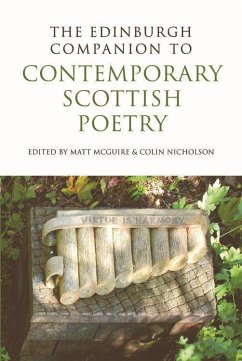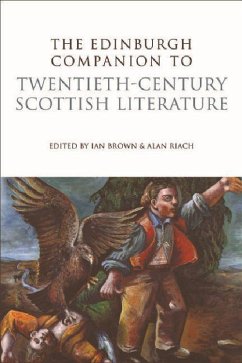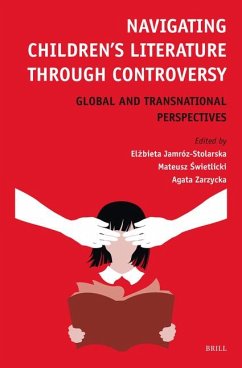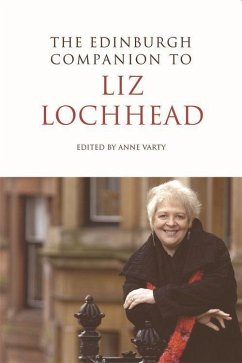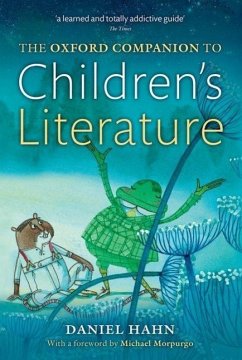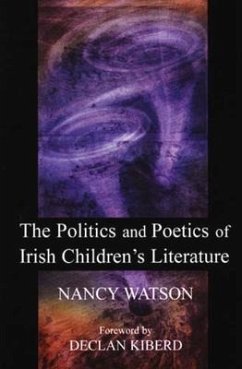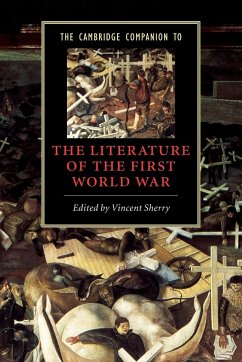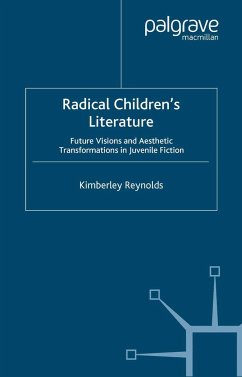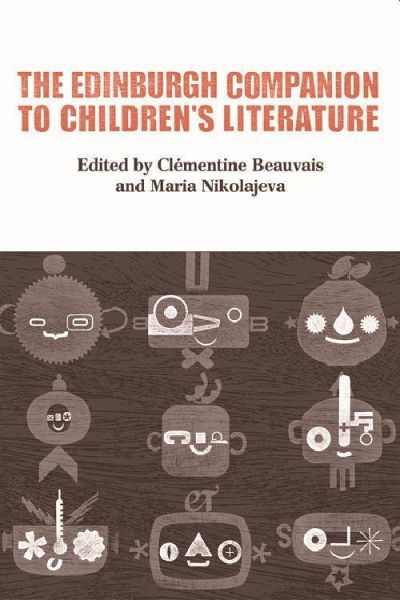
The Edinburgh Companion to Children's Literature
Versandkostenfrei!
Versandfertig in über 4 Wochen
234,99 €
inkl. MwSt.

PAYBACK Punkte
117 °P sammeln!
A collection of newly-commissioned essays tracing cutting-edge developments in children's literature research Time has passed since 'having a PhD in children's literature' was a funny joke in You've Got Mail. Children's literature research is now one of the most dynamic fields of literary criticism and of education, and has a bright future ahead - as children's writers and publishers invent yet more forms of literature for young people, and researchers find yet more sophisticated ways of exploring them. This collection takes informed and scholarly readers to the utmost frontier of children's l...
A collection of newly-commissioned essays tracing cutting-edge developments in children's literature research Time has passed since 'having a PhD in children's literature' was a funny joke in You've Got Mail. Children's literature research is now one of the most dynamic fields of literary criticism and of education, and has a bright future ahead - as children's writers and publishers invent yet more forms of literature for young people, and researchers find yet more sophisticated ways of exploring them. This collection takes informed and scholarly readers to the utmost frontier of children's literature criticism, from the intricate worlds of children's poetry, picturebooks and video games to the new theoretical constellations of critical plant studies, non-fiction studies and big data analyses of literature. Key Features 1. Features the most recent directions in children's literature theory and criticism 2. Introduces the leading international scholars in the field as well as new emerging scholars 3. Offers a wide range of interdisciplinary approaches, including a mixture of empirical and theoretical research, and analyses at the intersection of education and literary studies



